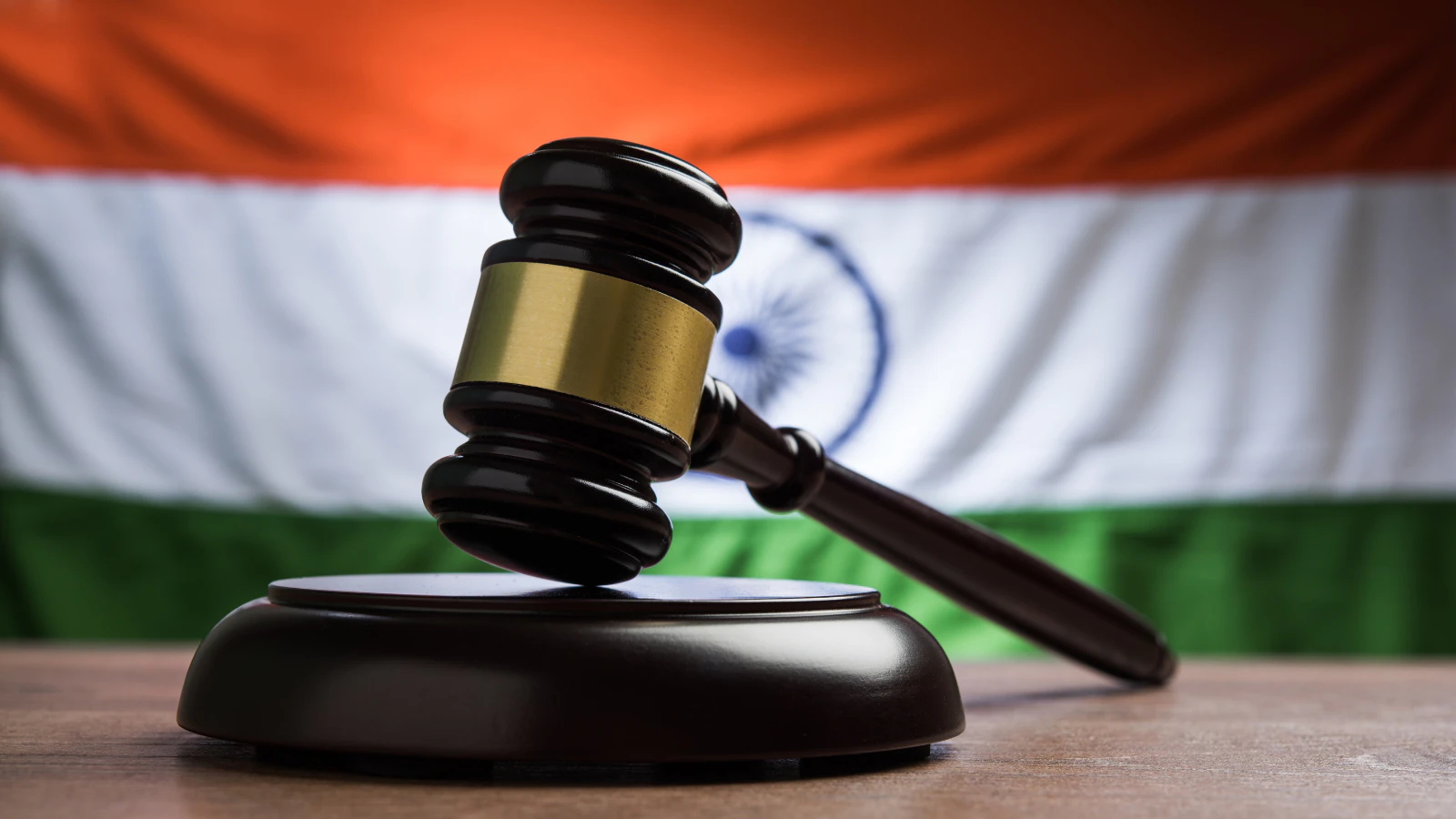By News18
The Allahabad High Court recently remarked that although the concept of live-in relationships has been legalised by the Apex court, the ground reality in Indian middle-class society remains starkly different, with such relationships often clashing with settled societal norms and disproportionately harming women.
The court stated it was “fed up” with such cases repeatedly coming before it, noting that while the younger generation may be attracted to live-in relationships, their “after-affects” are now routinely playing out before the courts.
“A man can marry, even after a live-in-relationship, a woman or a number of women, but it is difficult for the woman to find a life partner after a breakup,” Justice Siddharth observed.
The court was hearing a bail application filed by one Shane Alam, who was booked under several provisions of the Bharatiya Nyaya Sanhita and the POCSO Act for allegedly engaging in a sexual relationship with a woman after promising to marry her. According to the prosecution, the woman had accompanied Alam to multiple locations during the course of their relationship, but he later reneged on the promise of marriage.
The court, while considering Alam’s bail application, noted that he had been in custody since February 22, 2025, and had no prior criminal record.
Opposing the bail, the counsel for the informant argued that the act had destroyed the future prospects of the woman, who now faced social stigma and difficulty in finding a life partner.
Justice Siddharth, while dealing with the case at hand, took a broader view of the societal implications of such cases.
“After live-in-relationship was legalised by the Apex court, the court had fed up such cases. These cases are coming to the court because the concept of live-in relationship is against the settled law in the Indian middle-class society,” the judge observed.
He further noted the gendered consequences of such relationships. He added that while live-in relationships may appeal to the younger generation, their aftermath is evident in cases like the present one.
However, keeping in view the nature of the offence, evidence, complicity of the accused, among other factors and citing constitutional protections under Article 21 and precedents such as Dataram Singh v. State of UP and Manish Sisodia v. Directorate of Enforcement, the court concluded that Alam had made out a case for bail, especially in light of prison overcrowding.
Accordingly, the bail was granted on strict conditions, including that the accused shall not tamper with evidence or threaten witnesses, must appear before the trial court on key dates, and cooperate with the trial proceedings.
